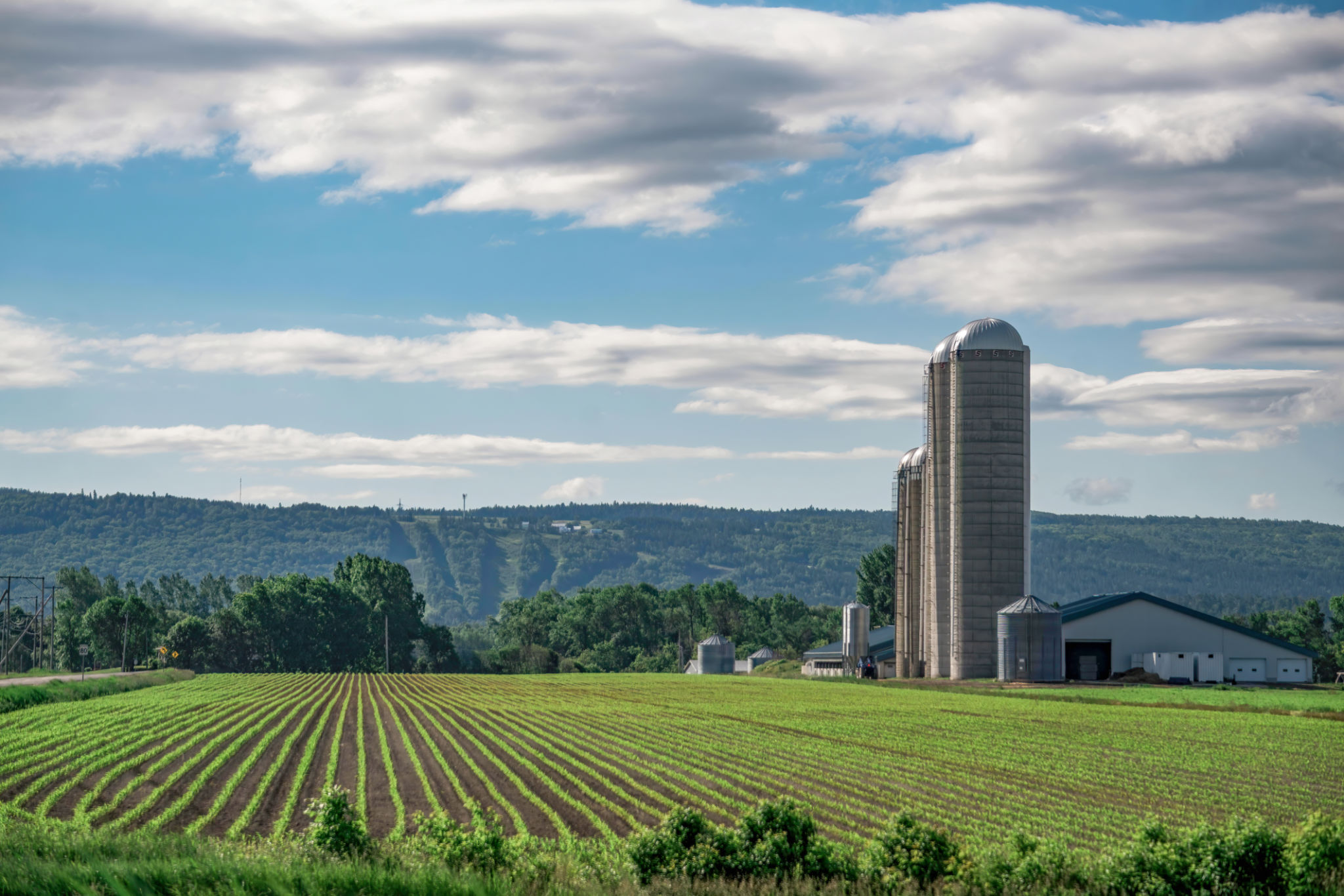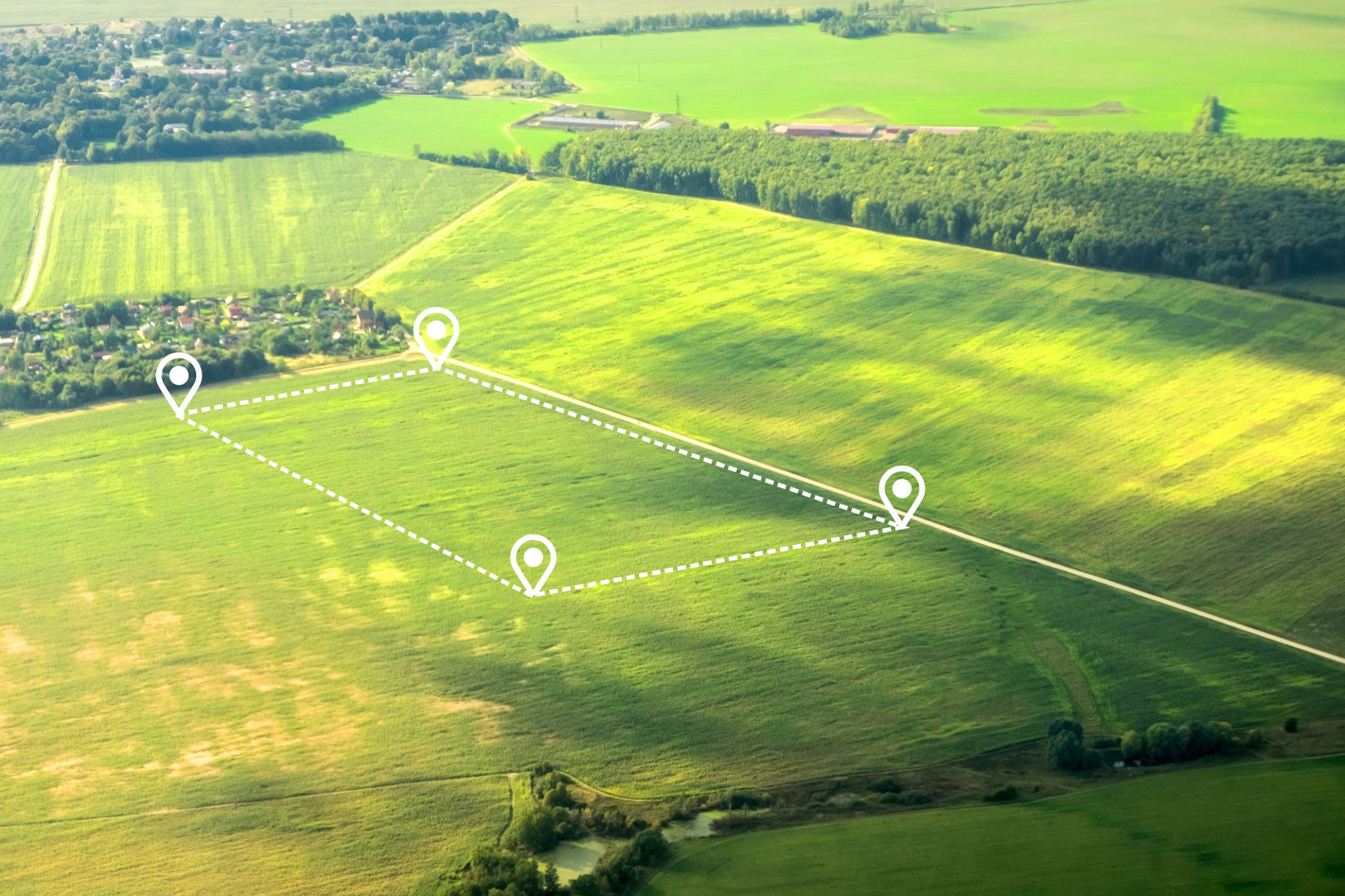How to Start Your Own Small Farm: Insights from Sunrise Farm Lombok
Understanding the Basics of Farming
Starting your own small farm can be an incredibly rewarding venture, blending the joy of cultivating the land with the satisfaction of producing your own food. At Sunrise Farm Lombok, we believe that with the right approach and knowledge, anyone can embark on this fulfilling journey. Before diving in, it's crucial to grasp the fundamentals of farming, including understanding the types of crops or livestock that are best suited for your region and climate.

Begin by researching soil quality, water availability, and climate conditions in your area. These factors will significantly influence what you can successfully grow or raise. Consulting local agricultural extensions or seasoned farmers can provide valuable insights into these aspects.
Planning and Designing Your Farm
A successful small farm starts with meticulous planning and design. Outline your goals and decide whether you want to focus on crops, livestock, or a combination of both. Consider the layout of your farm, ensuring efficient use of space while allowing for future expansion.
Create a detailed business plan that includes costs, potential income, and a timeline for achieving your goals. This plan will serve as a roadmap for your farming endeavors and help you make informed decisions along the way.

Acquiring the Right Tools and Resources
Farming requires a variety of tools and resources to ensure efficient operations. From basic hand tools to more advanced machinery, it's essential to equip yourself with what is necessary for your specific farming activities. Prioritize quality over quantity to ensure durability and effectiveness.
In addition to physical tools, investing in knowledge is equally important. Participate in workshops, online courses, or local farming groups to expand your understanding and skills. At Sunrise Farm Lombok, we emphasize continuous learning as a key component of successful farming.
Implementing Sustainable Practices
Embracing sustainable farming practices is not only beneficial for the environment but can also enhance the productivity and longevity of your farm. Techniques such as crop rotation, composting, and integrated pest management can lead to healthier soil and crops.

Sustainable practices also include water conservation strategies. Implementing drip irrigation systems or rainwater harvesting can significantly reduce water waste while ensuring that your crops receive the necessary hydration.
Marketing Your Farm Products
Once your farm begins producing, it's time to focus on marketing your products. Identify your target market and develop strategies to reach them effectively. Whether through local farmers' markets, community-supported agriculture (CSA) programs, or online platforms, connecting with consumers is crucial.
Building a brand around your farm can help differentiate your products. Highlight unique aspects such as organic practices or heirloom varieties to attract customers who value these attributes.

Building a Community Connection
Farming is not just about growing food; it's about building connections with people and the land. Engaging with your local community can foster support and create opportunities for collaboration. Hosting farm tours, workshops, or volunteer days can increase awareness and interest in your farm.
At Sunrise Farm Lombok, we've seen firsthand the power of community involvement in creating a thriving and supportive environment for both farmers and consumers.